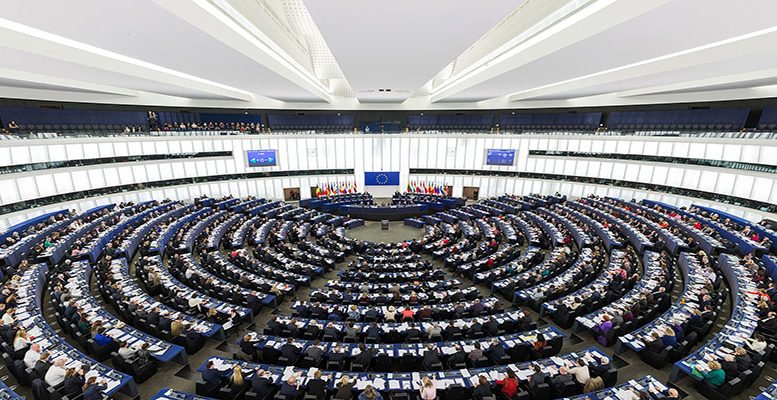The new European electoral law requires countries with more than 35 MEPs, like Spain, to establish a minimum threshold of 2% to 5% of votes to be allocated seats in European elections.
Spain is the only EU Member State that has not incorporated this European electoral reform into its legislation, despite Pedro Sánchez’s debut as Spanish President and member of the European Council in June 2018, where he approved this measure unanimously with the other Heads of State and Government.
The European Parliament “deeply regrets” that Pedro Sánchez has “prevented” the entry into force of the first European electoral law due to “his investiture agreement with the PNV,” signed on November 10, 2023. This is reflected in the report from the Parliament’s Committee on Constitutional Affairs (AFCO), which is being presented this Wednesday in Brussels and to which the digital newspaper El Español has had access.
According to the 14-page document, “only Spain failed to comply with the mandate” of the Council and the European Parliament, following the approval in 2018 of Council Decision 2018/994, published in the Official Journal of the European Union (OJEU) and even in the BOE (Spain’s Official State Gazette).
The Spanish Executive’s refusal to push for the reform of the LOREG (Organic Law of the General Electoral Regime) prevented its entry into force, facilitating the “fragmentation” of the European Parliament and the overrepresentation of “nationalist” parties, such as the PNV, “and separatist” parties, such as ERC, Bildu, and Junts, which fell close to that minimum threshold.





